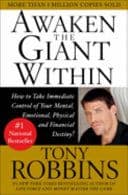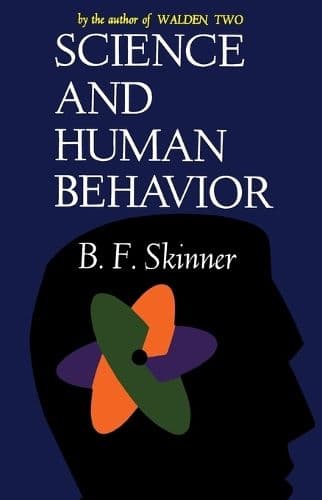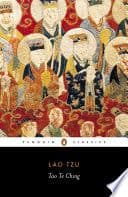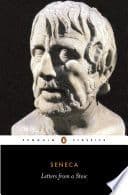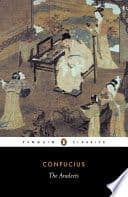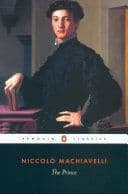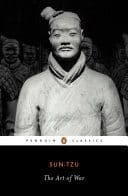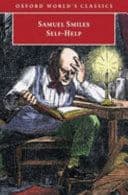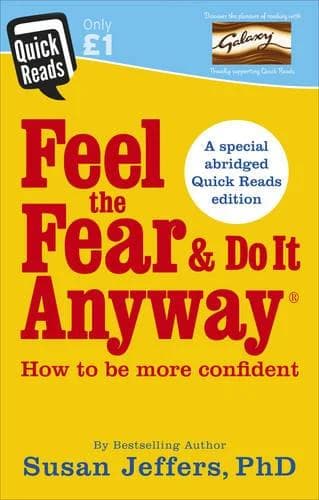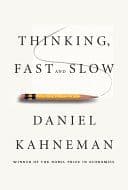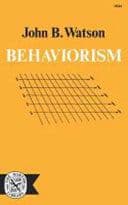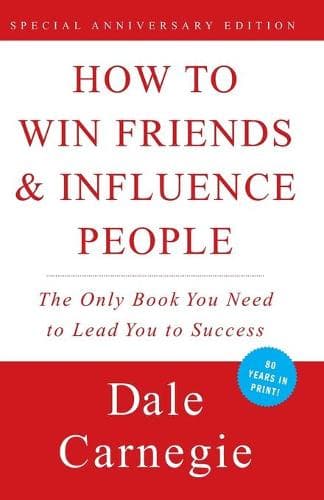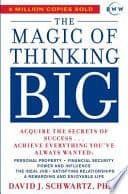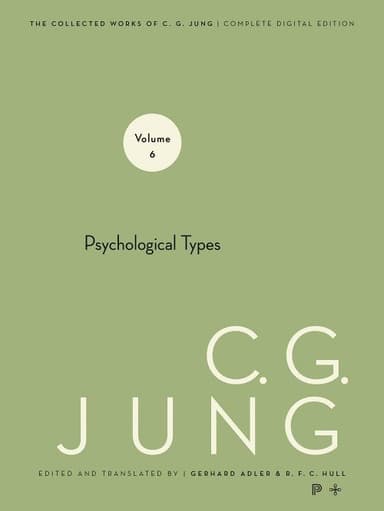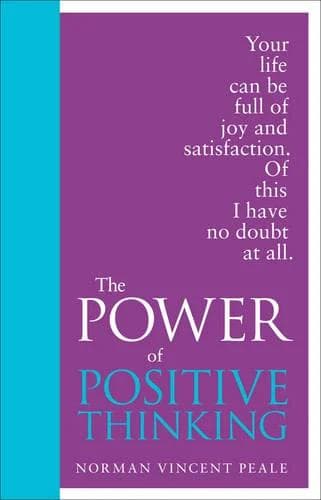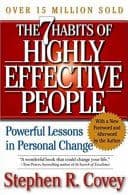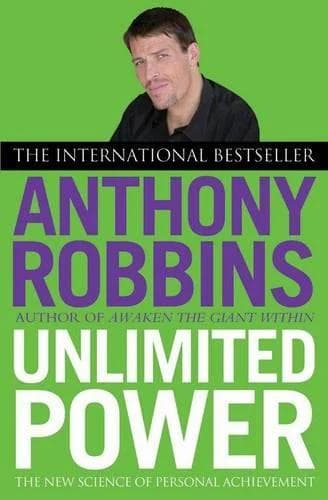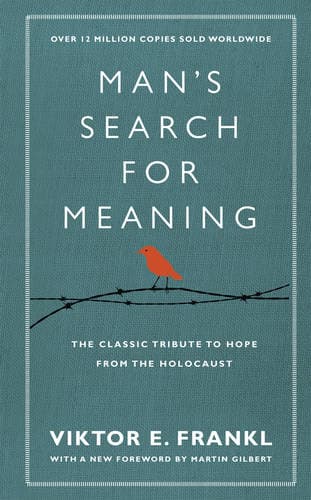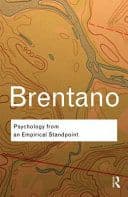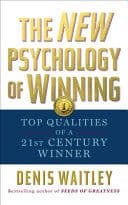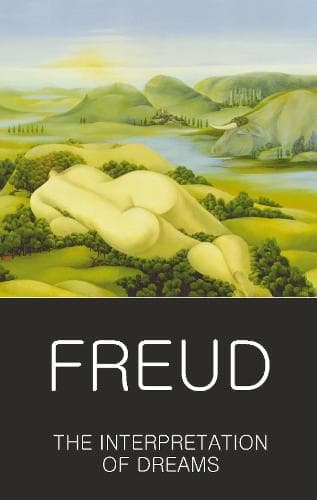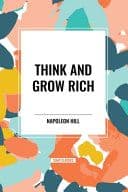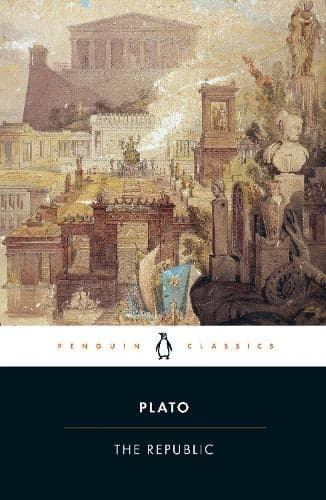
The Republic
The classic translation of the cornerstone work of western philosophy
DIFFICULTY
advanced
PAGES
480
READ TIME
≈ 900 mins
DIFFICULTY
advanced
PAGES
480
READ TIME
≈ 900 mins
About The Republic
At its core, The Republic asks a stubborn question: what is justice, and does living justly make us happier? Plato answers by staging a conversation that builds an ideal city to mirror the soul: reason to rule, spirit to support, appetite to obey. Justice is harmony—each part doing its work under wise guidance.
From this, he imagines philosopher‑kings, rigorous education, and women trained to rule, guarded by shared civic norms. His theory of Forms culminates in the Form of the Good, the light behind all truth. The Cave allegory turns ignorance into a drama of escape. Then comes a cool‑eyed autopsy of politics—from aristocracy’s decline to the temptations of democracy and the birth of tyranny.
The Republic is a handbook for thinking clearly about power, knowledge, and the kind of citizens we become.
What You'll Learn
- Plato’s account of justice in the soul and the city
- The tripartite soul and its relation to the four virtues
- The design of the kallipolis and rule by philosopher‑kings
- How education, myth, and censorship shape civic character
- The Forms—especially the Form of the Good—and knowledge
- Plato’s critique of democracy and the cycle of regimes
Key Takeaways
- Justice as harmony of parts
- Tripartite soul: reason, spirit, appetite
- Allegory of the Cave and the Good
- Rule by philosopher‑kings
- Regime cycle from aristocracy to tyranny
More in classics
